
Shop Tries To Trick Customer Into Paying Full Price Instead Of Discounted, Gets Outsmarted
At a time when consumer protection laws seem stronger than ever, you’d think securing a deal would be simple. However, when it comes to saving a few dollars, businesses aren’t afraid to exploit gray areas in policies, forcing people to navigate frustrating loopholes and delays all by themselves, without the help of institutions.
For Reddit user Scary_, scoring a heavily discounted doorbell camera seemed like a straightforward win—until the delivery took an unexpected turn. What began as a great bargain spiraled into a drawn-out struggle with bureaucracy, with the order stuck in the warehouse for days—or at least so the company said.
Sometimes, buyers find deals that seem too good to be true
Image credits: Getty Images / Unsplash (not the actual photo)
But when they do, sellers may go to great lengths to avoid honoring them
Image credits: Mikhail Nilov / Pexels (not the actual photo)
Image credits: Scary_
Online shopping is a double-edged sword
Image credits: Kaboompics.com / Pexels (not the actual photo)
It feels good when companies cannot shift the blame to the buyer and have to face the consequences of their mistakes—satisfying even. For example, a Mexican man named Rogelio Villarreal noticed that luxury jewelry maker Cartier accidentally listed gold-and-diamond earrings for 237 pesos ($14), instead of the correct price of 237,000 pesos ($14,000).
Naturally, due to the big price difference, he had spent even more time than our Redditor trying to secure the deal. There were months of back-and-forth during which he said Cartier offered him a consolation prize instead of the jewelry—until Mexican officials backed his position that the company should honor the advertised price.
Villarreal finally got the earrings in April—at his price.
However, it’s important not to let the convenience of online shopping override your ability to make thoughtful decisions—it can be overwhelming for our brains.
Both shopping and the internet can be addictive, and combining them creates a dopamine rush, says Dr. Elias Aboujaoude, a clinical professor of psychiatry at Stanford Medicine—who studies compulsive buying disorder, or shopping addiction—and director of the Stanford OCD Clinic.
“Online, the urge to shop can be satisfied much more quickly, making it more difficult to resist.” Anxiety and depression appear to intensify those effects. “One thing that can certainly make it riskier is something like untreated depression, because people are looking for a quick, temporary boost to their mood.”
As the story went viral, its author joined the discussion in the comments
And the reactions just continued to pour in
Poll Question
Thanks! Check out the results:
A number of years ago I was buying a set of 6 dining chairs as they were on sale for £150. Took one to the till as it had the tag on it. It rings up £300. I show them the ticket that says it's £150, the response I got was "The sale is over and we forgot to replace the tickets so it will be £300." My reply to that was to say OK, we'll leave it. Started to walk off and suddenly they can honour the displayed price. I bought the chairs
I never believed initially that it'll be so successful investing bitcoin and stocks with Mr Harold Kendrick, despite the fact I invested a little amount as a beginner, I'm so glad I withdraw my $31,000 profit successfully. Contact him directly ᴏɴ Watsap+ 44 7407600166.
A number of years ago I was buying a set of 6 dining chairs as they were on sale for £150. Took one to the till as it had the tag on it. It rings up £300. I show them the ticket that says it's £150, the response I got was "The sale is over and we forgot to replace the tickets so it will be £300." My reply to that was to say OK, we'll leave it. Started to walk off and suddenly they can honour the displayed price. I bought the chairs
I never believed initially that it'll be so successful investing bitcoin and stocks with Mr Harold Kendrick, despite the fact I invested a little amount as a beginner, I'm so glad I withdraw my $31,000 profit successfully. Contact him directly ᴏɴ Watsap+ 44 7407600166.

 Dark Mode
Dark Mode 

 No fees, cancel anytime
No fees, cancel anytime 



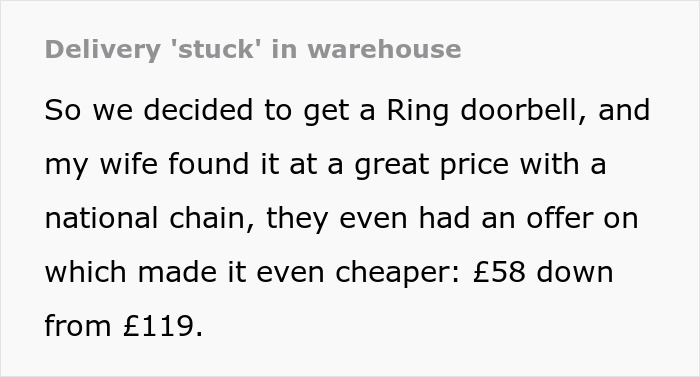

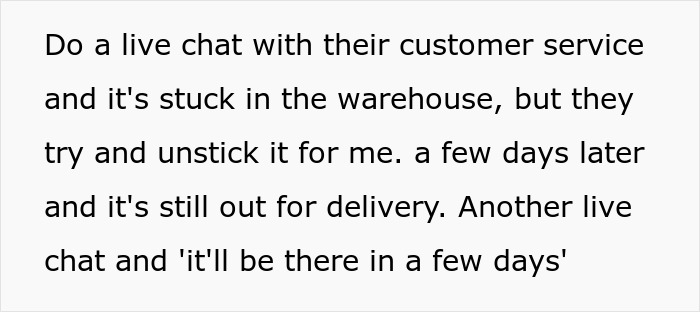
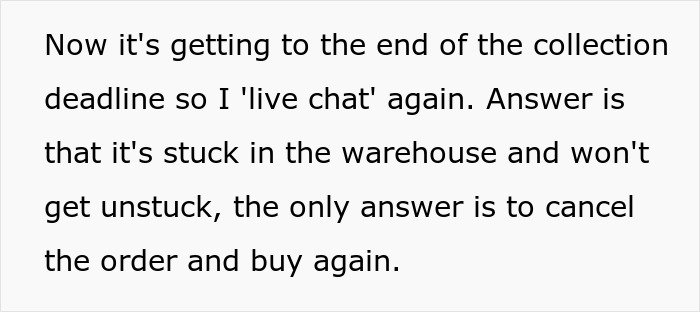


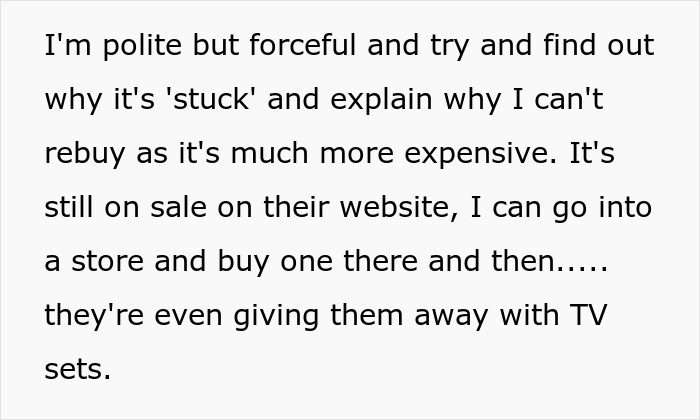
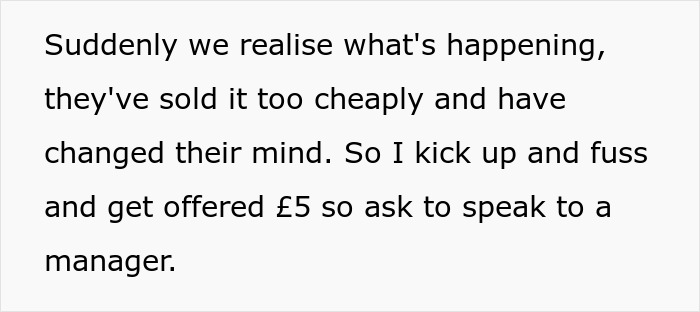
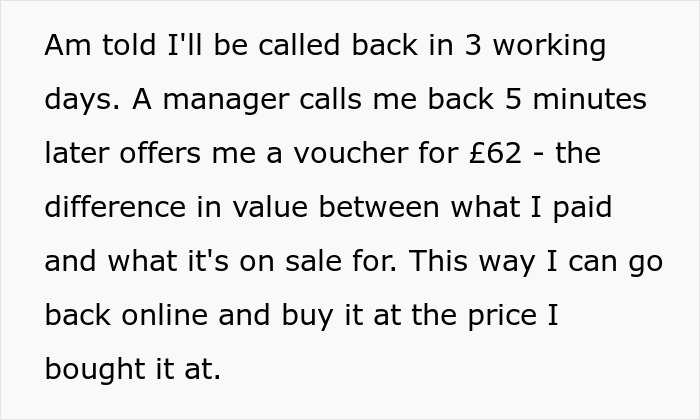


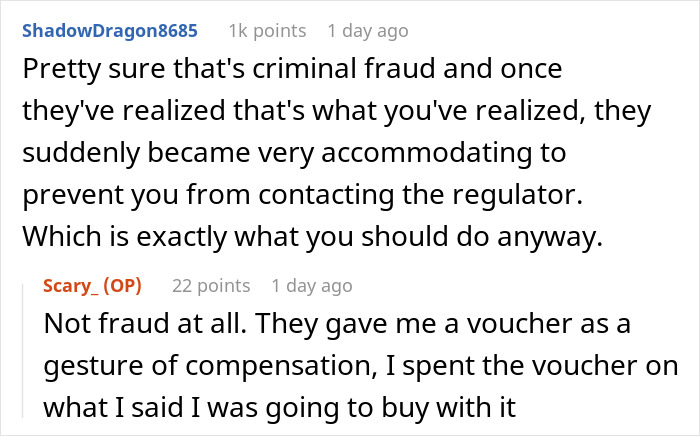
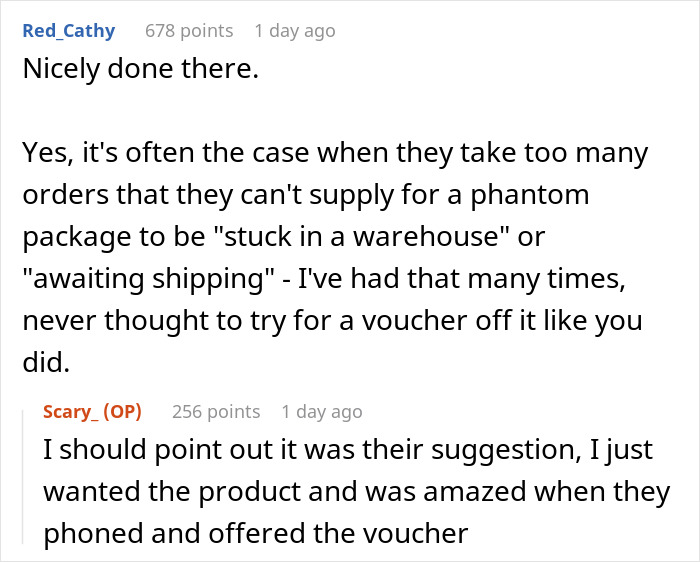
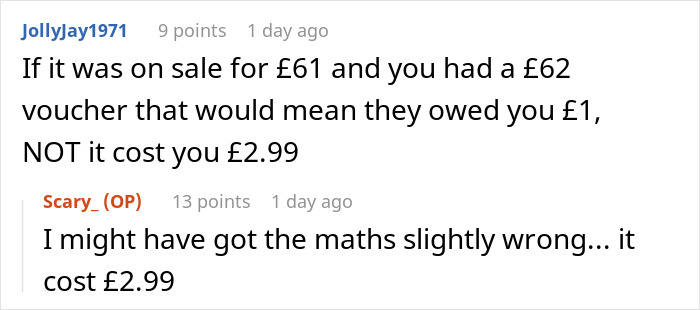
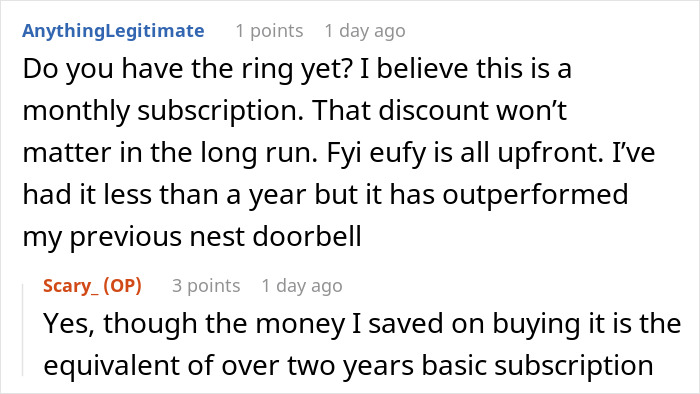
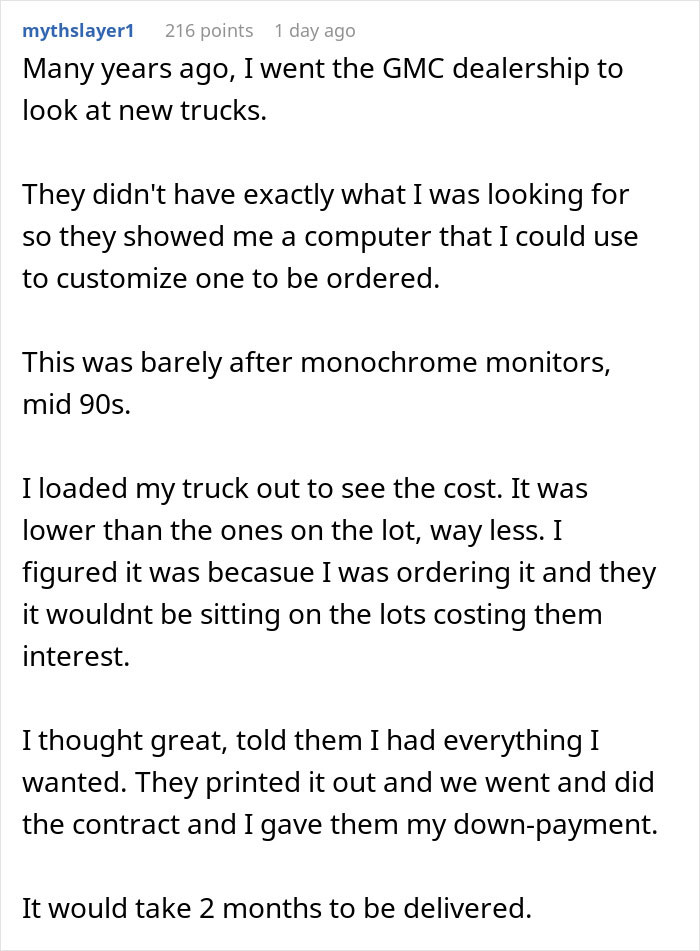
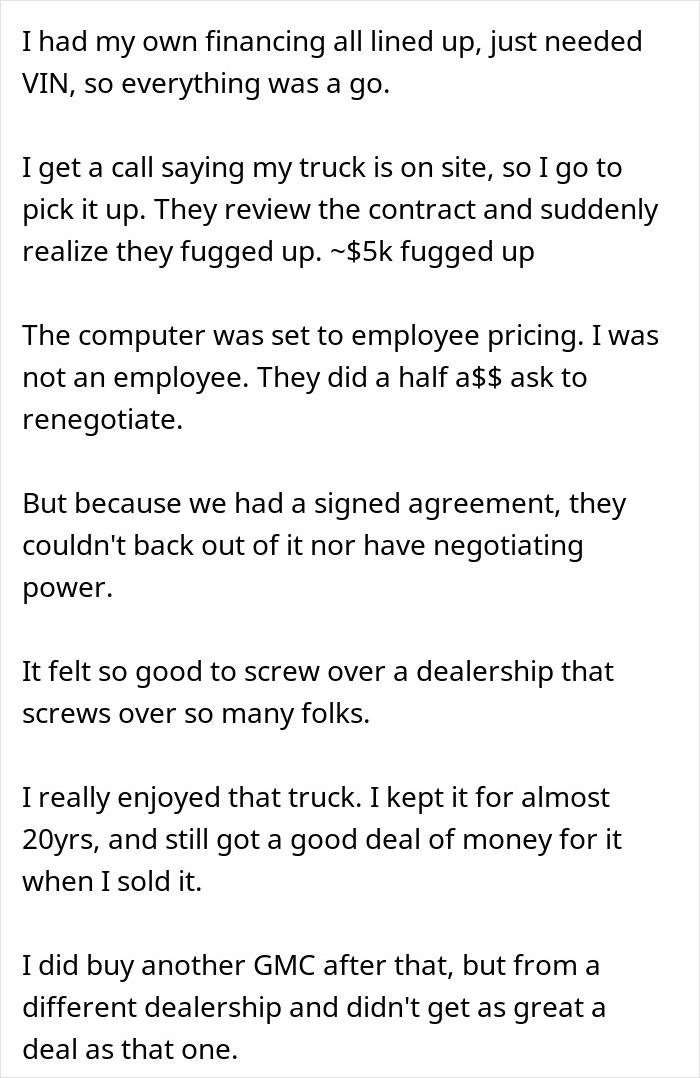
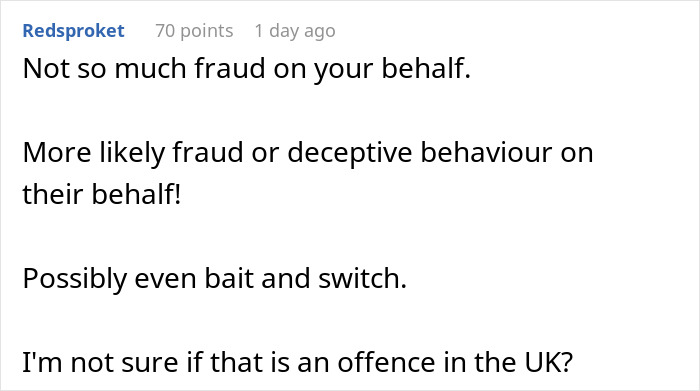
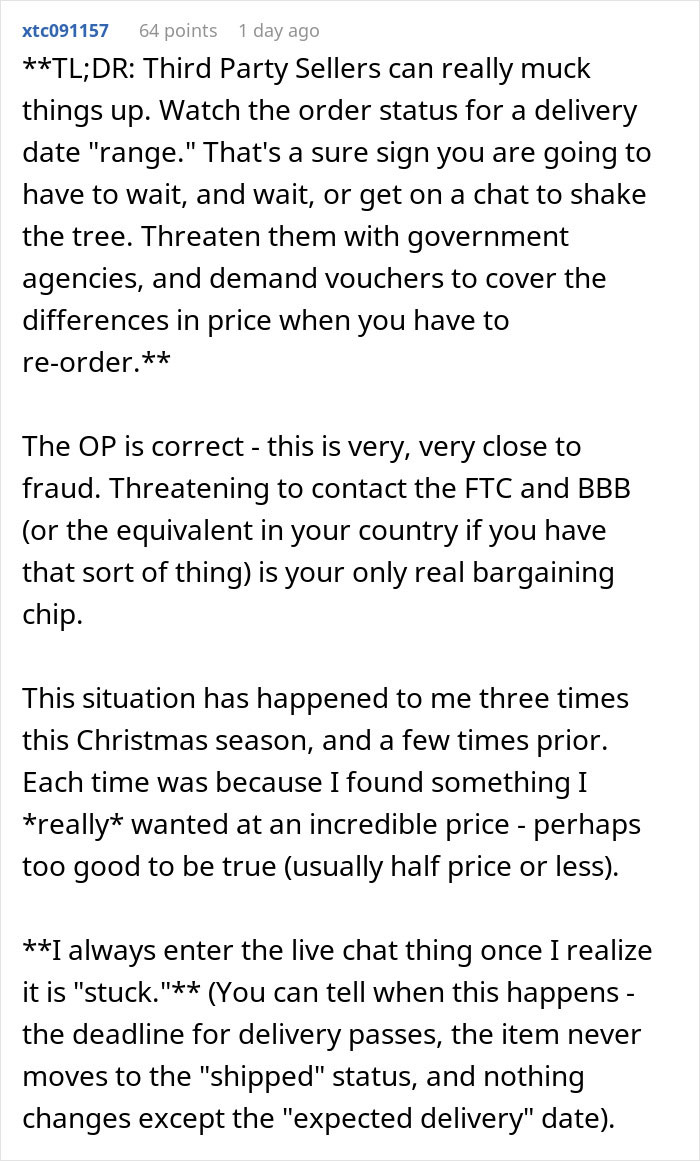



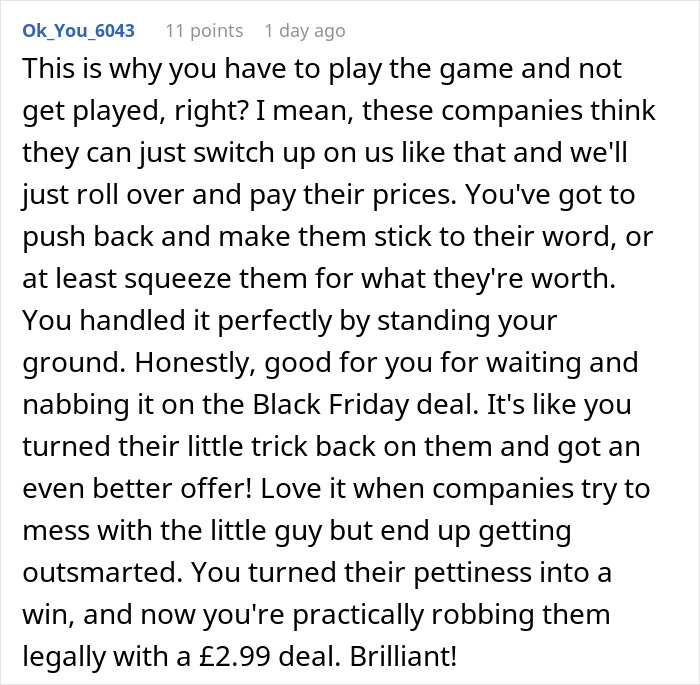
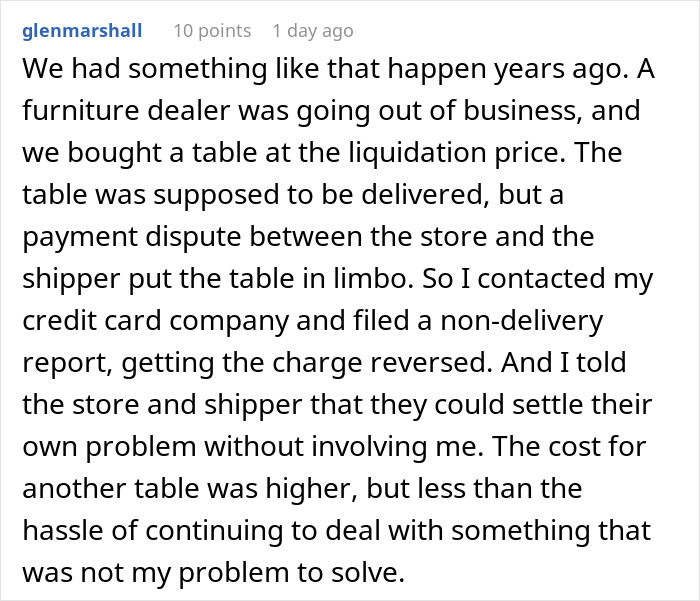



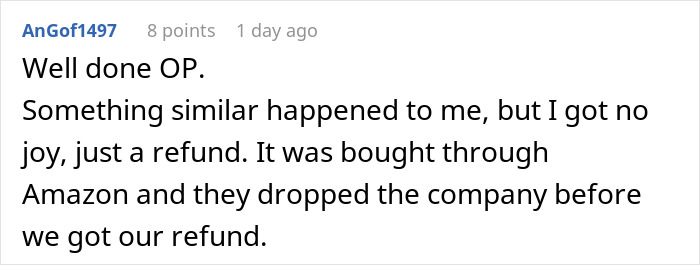
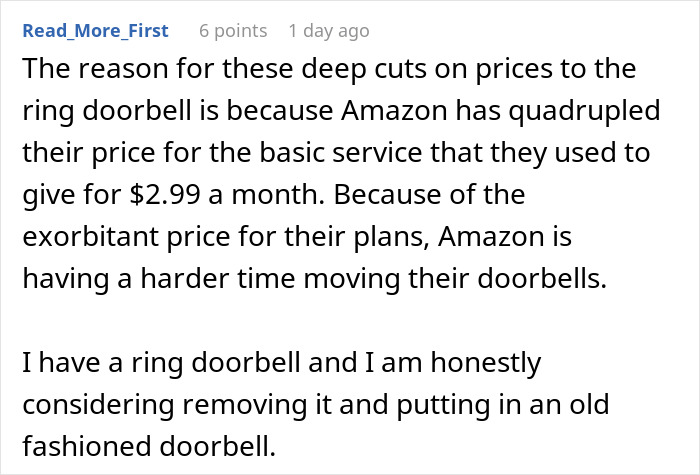














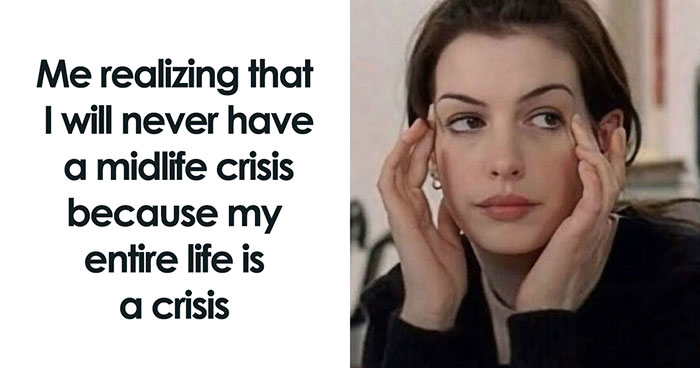































34
8